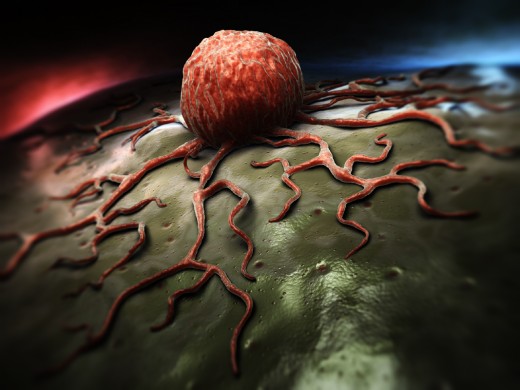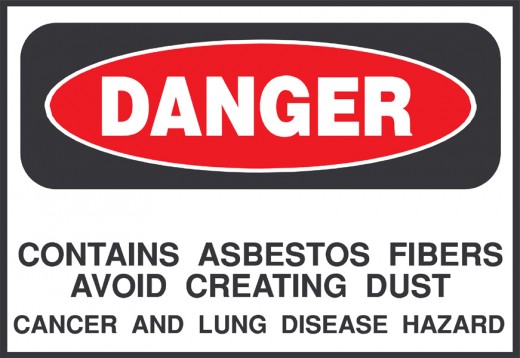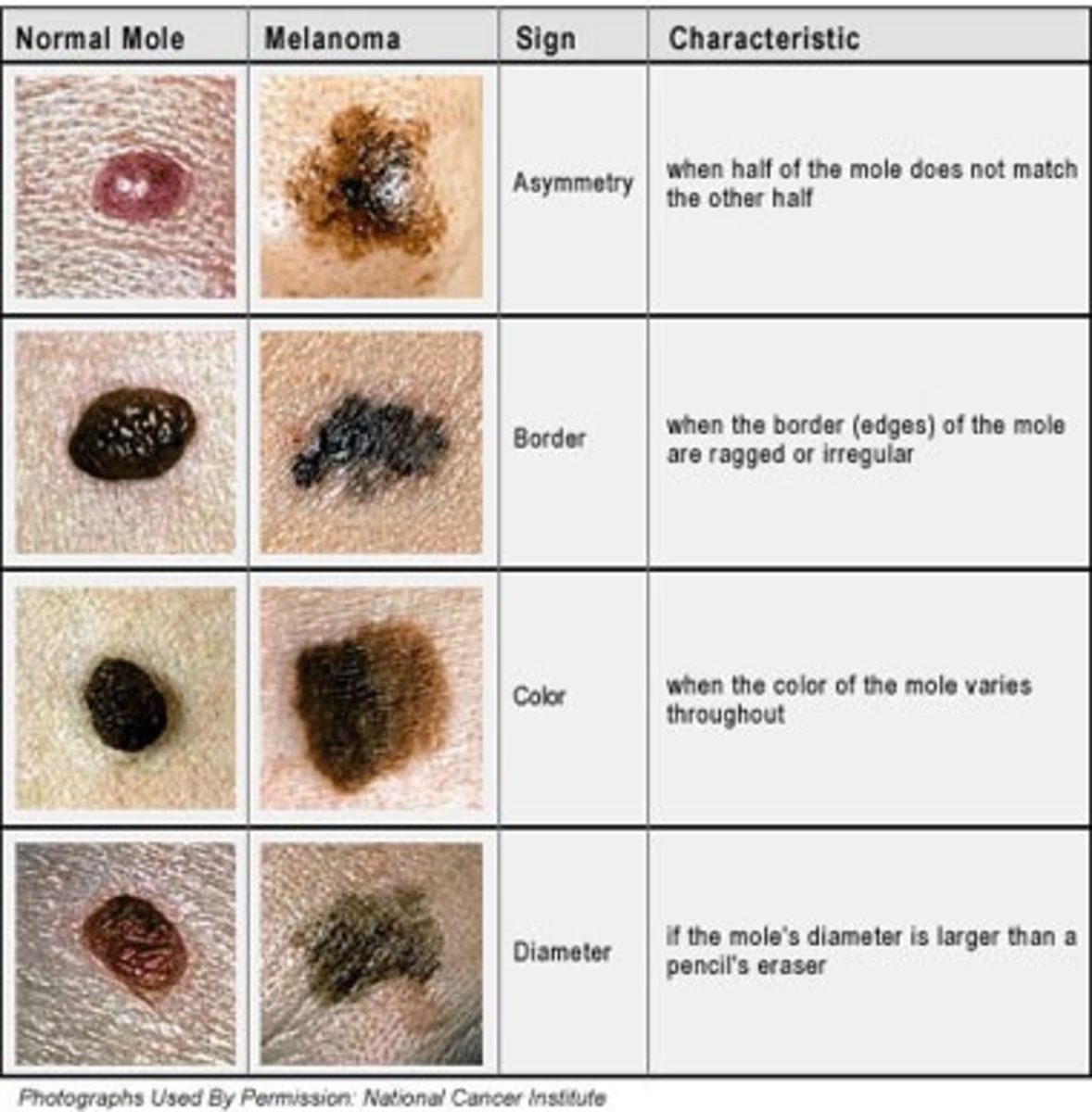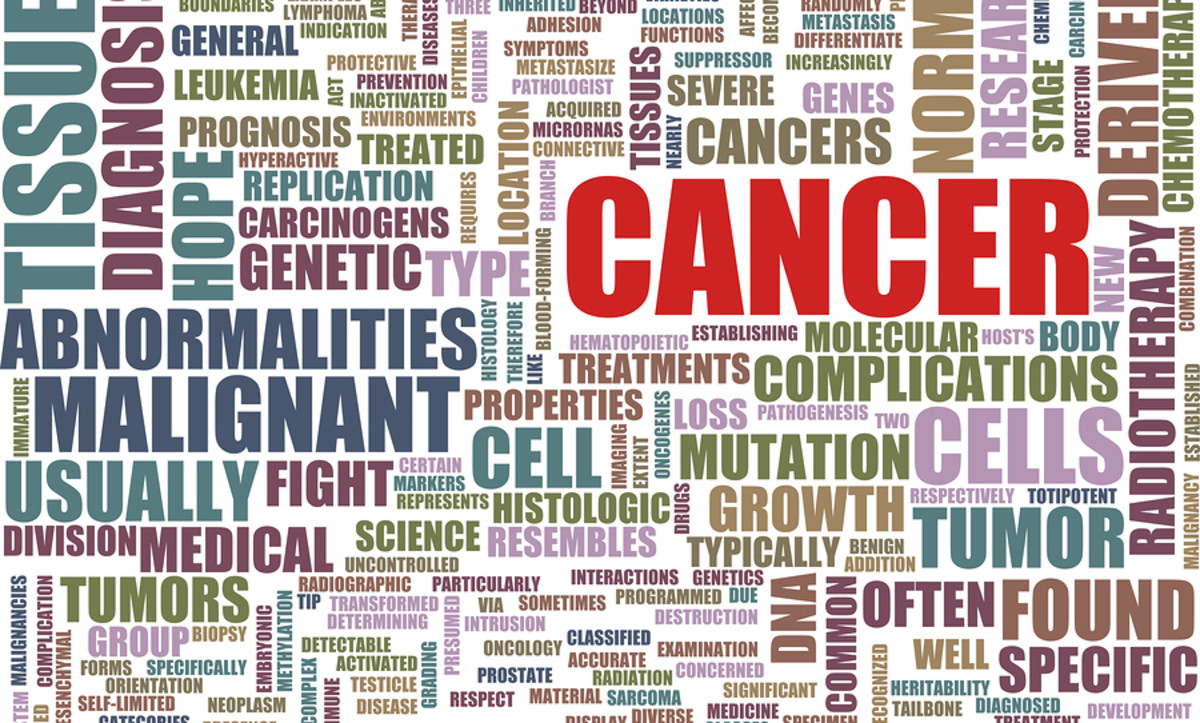4 Cancer Types Explained - The Basics

It is a natural occurrence for the cells in your body to grow, multiply and die.
The cells in your body contain something called DNA, which is deoxyribonucleic acid. This is the carrier of genetic information that tells your cells how, what and when to grow into what they need to be. You may have heard that tumors can be cancerous. What is a tumor? A tumor is what occurs when a cell keeps multiplying when it has no need to do so and this will develop into a growth or what we call a tumor.
A tumor can be either benign or malignant. Benign tumors are not cancerous. Malignant tumors are cancerous. Malignant tumors are formed when a portion of the cell’s DNA is damaged, causing the abnormal cell to replicate itself along with the portion of damaged DNA that caused it to do this in the first place. Often, our bodies can destroy these abnormal cells before they grow out of control. It is when the body is not able to stop or recognize the cells abnormal growth and reproduction that a cancer is formed.
There are many forms of cancer and they all have two things in common. Cancer cells grow uncontrollably and have the ability to metastasize. Metastasis is the spread of cancer from one body area to another, even though the two may not be directly connected. Malignant cancer cells can spread through the bloodstream, cerebrospinal fluid and/or the lymphatic system. The lymphatic system is part of the circulatory system and a vital part of the immune system. Metastatic brain cancer is the most common type of brain tumor.
This leads to defining the types of cancers. Most types of cancer fall into four categories:
- Carcinomas
- Leukemia
- Sarcomas
- Lymphomas

Carcinomas are cancers that affect the skin, mucous membranes, glands and internal organs. The most common form of carcinoma is called Basal cell carcinoma. Basel cell carcinoma occurs in cells lining the deepest part of the skin's outer layer. This form of cancer is often related to spending too much time in the sun. Squamous cell carcinoma is another cancer that is associated with skin cancer and spending too much time in the sun, but squamous cell carcinoma can also be found in your respiratory and digestive tracts as well as certain other organs.
A rare form of squamous cell carcinoma is called mesothelioma. Mesothelioma is most commonly caused by exposure to asbestos. The most common place to find mesothelioma is the outer lining of the lungs and internal chest wall and is often the result of being exposed to airborne asbestos dust in the workplace. It was finally regulated in 1971 by the government. However, asbestos remains in many older buildings, trains and boats and is also found in certain mining operations. Asbestos is a set of six naturally occurring silicate minerals.
Asbestos is virtually everywhere in America. It is a mineral that exists naturally in a fibrous form. Believe it or not, asbestos is regulated in America, but it is not banned.
Another form of carcinoma is called renal cell or kidney cancer. Carcinomas associated with breast cancer are called ductal carcinoma in situ (DCIS), invasive ductal carcinoma and adenocarcinoma. Adenocarcinoma is also associated with prostate, lung and colon cancers.
Leukemia is often called blood cancer or cancer of the blood and generally originates in the bone marrow and results in high numbers of abnormal white blood cells called blasts. There are four main types of leukemia: acute lymphoblastic leukemia (ALL), acute myeloid leukemia (AML), chronic lymphocytic leukemia (CLL) and chronic myeloid leukemia (CML). Leukemia and lymphomas both belong to a broader group of tumors that affect the blood, bone marrow and lymphoid system. They are also known as tumors of the hematopoietic and lymphoid tissues.
Sarcomas are a malignant tumor of connective or other non-epithelial tissue. What is non-epithelial tissue? First off, epithelial tissues are tissues that line the cavities and surfaces of blood vessels and organs throughout the body. So, non-epithelial tissue could be cancellous bone, cartilage, fat, muscle, vascular, or hematopoietic tissues. Basically, sarcomas are most common in the bones, muscles, tendons, cartilage, nerves, fat, and blood vessels of your arms and legs and are actually pretty rare.

Lymphoma or lymphatic cancer is a group of blood cell tumors that develop from lymphatic cells. There are many sub-categories of lymphoma. Hodgkin lymphomas (HL) and the non-Hodgkin lymphomas (NHL) are the two main categories. Non-Hodgkin lymphoma is a cancer that generally develops in the lymph nodes and lymphatic tissues. Hodgkin lymphoma is a cancer that starts in white blood cells called lymphocytes (a form of small leukocyte or white blood cell) and is one of the most curable forms of cancer. It is important for doctors to determine which type of lymphoma you have because treatments are different. Lymphatic cancer has varying prognostic factors such as, the age of the patient, the stage of the lymphoma and whether or not the lymphoma is in organs outside the lymph system.
According to the National Cancer Institute, there will be 1,658,370 new cases of cancer in 2015 in the USA and 589,430 deaths. Based on 2010 – 2012 data, approximately 39.6 percent of men and women will be diagnosed with cancer at some point during their lifetime.
© 2015 Jamie Page








